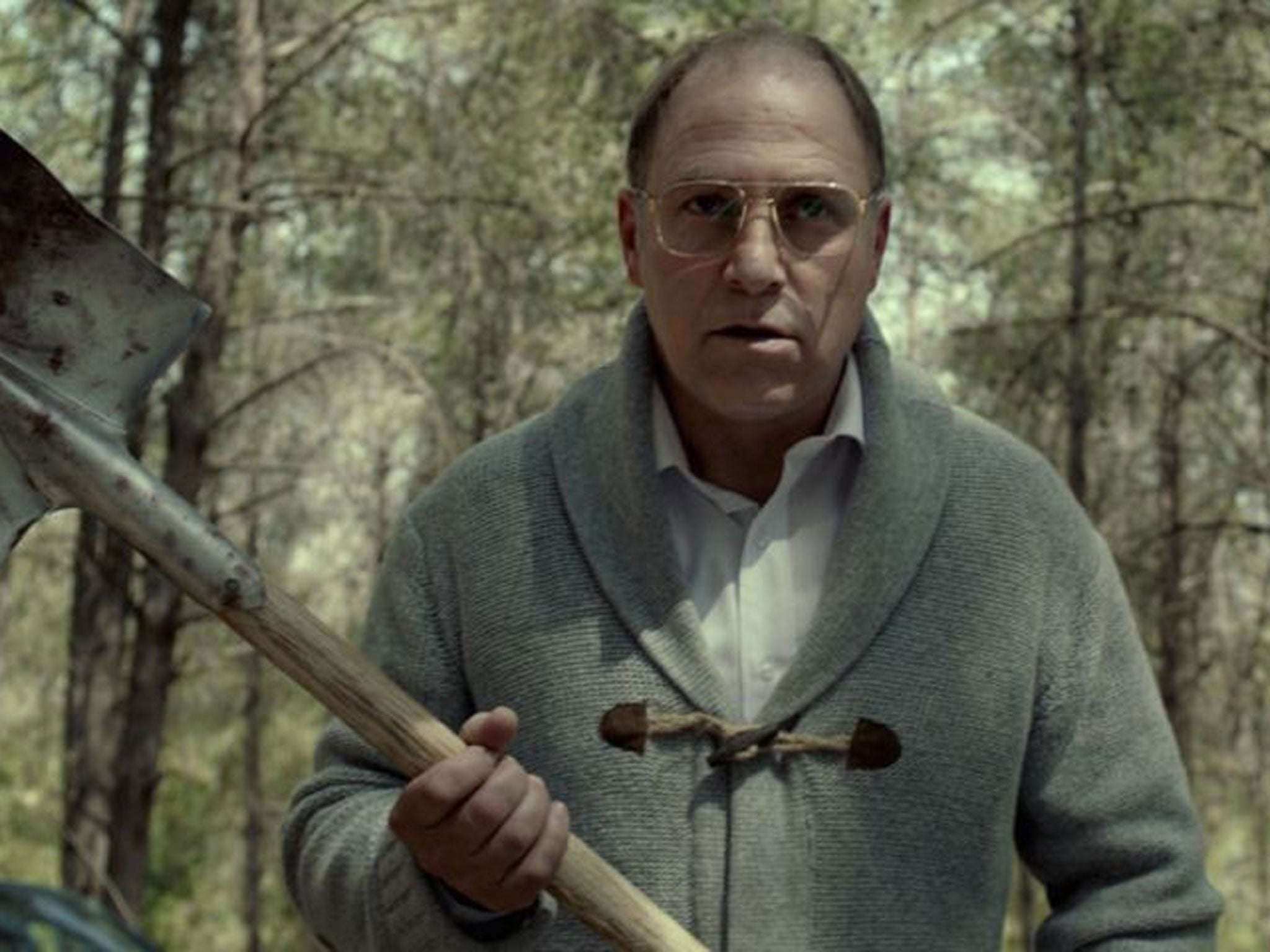Israel's film-makers turn to the dark side

Your support helps us to tell the story
From reproductive rights to climate change to Big Tech, The Independent is on the ground when the story is developing. Whether it's investigating the financials of Elon Musk's pro-Trump PAC or producing our latest documentary, 'The A Word', which shines a light on the American women fighting for reproductive rights, we know how important it is to parse out the facts from the messaging.
At such a critical moment in US history, we need reporters on the ground. Your donation allows us to keep sending journalists to speak to both sides of the story.
The Independent is trusted by Americans across the entire political spectrum. And unlike many other quality news outlets, we choose not to lock Americans out of our reporting and analysis with paywalls. We believe quality journalism should be available to everyone, paid for by those who can afford it.
Your support makes all the difference.We've got Gallic Gore, Mexploitation, Spaghetti Shockers and Norwegian Noir. Now Hebrew Horror? Frightfest, the UK's annual horror festival, will be screening a low budget Israeli horror film Cannon Fodder, next week in London, directed by Israeli Eitan Gafny, which places zombies in the middle of the Middle East conflict. “Every few years a new geographic hot-spot for horror cinema emerges,” says Alan Jones, co-director of Frightfest.
Frightfest embraced Israel's first ever horror film Rabies in 2011 about a psycho-killer's blood lust infecting his victims, which was directed by the Israeli directing duo Aharon Keshales and Navot Papushado. “Until then there were only two types of films being made in Israel – the war movie and the political drama,” says Jones.
Now Keshales and Papushado's new Hebrew-speaking revenge thriller Big Bad Wolves (pictured) about a series of brutal murders, which features a military sub plot, is the closing film of Frightfest.
“Before our film Rabies everybody thought that we were crazy to even dream about making a slasher film in a country that has no serial killers and has enough real-life terror on its hands. Secondly, a big chunk of the budget for Israeli films comes from state supported funds and they aren't keen on giving money to genre films. They prefer personal films or political films because they stand a better chance of representing Israel at the Oscars,” says Keshales. “After the critical success of Rabies, things started to change in Israel and state-supported funds opened special channels for genre films (scifi/horror/fantasy). Our second feature, Big Bad Wolves was fully funded and in Israeli terms this was a true moment of revolution.” More mainstream has been the American-made Hebrew Horror The Possession in 2012 directed by Ole Bornedal – a Jewish version of The Exorcist about a Hebrew dybbuk box containing an evil spirit.
“If you go way back to the 1920s silent era – there was The Golem -a Jewish Frankenstein, made in Germany. But nothing really to speak of since then,” says Jones. So after decades of the Israeli film industry having nothing commercial to export, it now has Hebrew Horror.
The Film4 FrightFest, Empire Cinema London WC2 (frightfest.co.uk) 22 to 26 August
Join our commenting forum
Join thought-provoking conversations, follow other Independent readers and see their replies
Comments